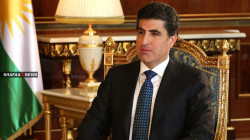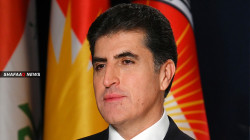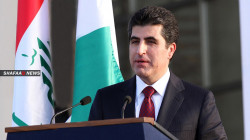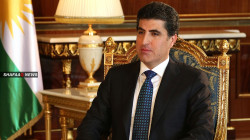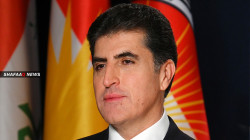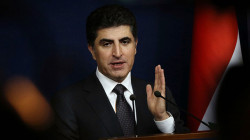On the anniversary of the 1991 Uprising, President Barzani calls for unity, solidarity
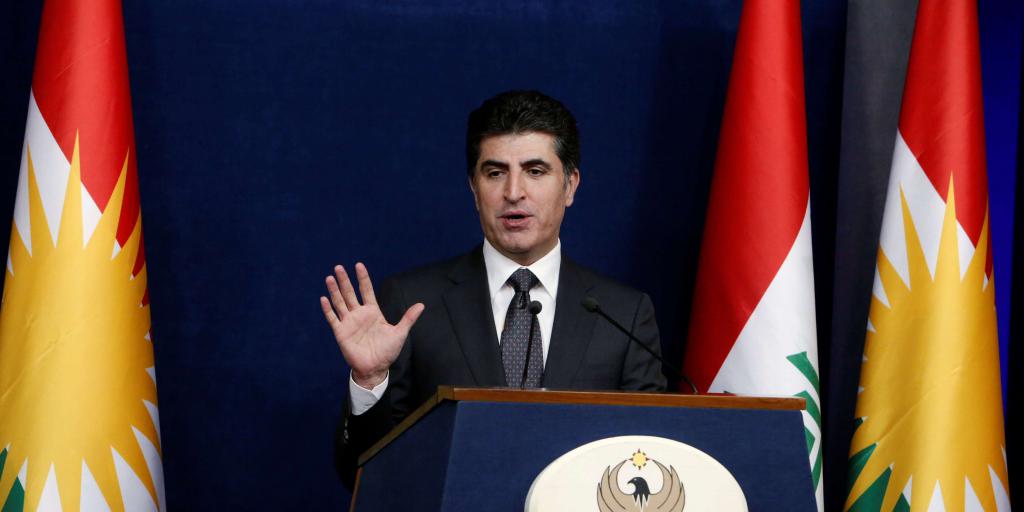
Shafaq News/ The President of the Kurdistan region, Nechirvan Barzani, on Sunday said the 1991 Uprising was a "historic and decisive" moment for the people of Kurdistan, highlighting "unity and solidarity" as the foundation of its victory.
"The Uprising was a historic and decisive movement for the people of Kurdistan and all its components," President Barzani said in a statement, "with the support of the Peshmerga and the Kurdistan Front, the people of Kurdistan rose up against oppression, gave their lives for freedom and a better future."
Barzani highlighted unity and solidarity during the uprising were "the foundation of the victory of the Uprising, and it led to all the achievements of the people of Kurdistan including their parliament, their government, federalism and the consolidation of their rights in the Federal Iraqi Constitution."
The president called on the people of Kurdistan to continue working together towards a better future, saying that "unity, solidarity, mutual acceptance, and cooperation must be the foundation for a better future for our people."
"Today, as we remember these sacred days and our heroes, we reiterate that we must make every effort to work together to achieve the sacred goals of the Uprising and the dreams for which the martyrs gave their lives," he said.
"Tributes to the Uprising. May the souls of the fallen heroes rest in peace," the statement concluded.
The 1991 Kurdish uprising in Iraq was a major event in the history of the Kurdish people. After the Gulf War, the Kurdish population in Iraq, which had been oppressed by Saddam Hussein's regime for decades, rose against the government in Baghdad. The uprising began in March 1991, and was initially successful in capturing several key cities and towns in the north of Iraq.
The Kurdish rebels received some support from the United States and other Western countries, but were ultimately abandoned and left to face Saddam Hussein's forces alone. The Iraqi government launched a brutal crackdown on the rebellion, using tanks, artillery, and chemical weapons against the Kurdish population.
In response to the violence, the United States and other Western countries established a no-fly zone over northern Iraq to protect the Kurdish population from further attacks. The Kurdish rebels were eventually forced to withdraw from the cities they had captured, and the uprising was ultimately unsuccessful in achieving its goals of Kurdish independence.
However, the events of 1991 had a significant impact on the future of the Kurdish people. The no-fly zone created a de facto autonomous region in northern Iraq, which became known as the Kurdistan Region. This region has since become a semi-autonomous part of Iraq, with its own government and military forces.
The Kurdish people also gained greater international recognition and support for their cause, and the events of 1991 helped to pave the way for the eventual establishment of a Kurdish state in Iraq. While the Kurdish people still face many challenges and obstacles, the 1991 uprising played a key role in their ongoing struggle for self-determination and recognition.
Nechirvan Barzani played a significant role in the uprising as a senior member of the Kurdistan Democratic Party leadership. He was responsible for overseeing the party's military operations in the city of Erbil, which was captured by the Kurdish rebels during the uprising. After the uprising, Nechirvan Barzani was involved in negotiations with the Iraqi government that led to the establishment of the Kurdistan Regional Government (KRG) in 1992.
